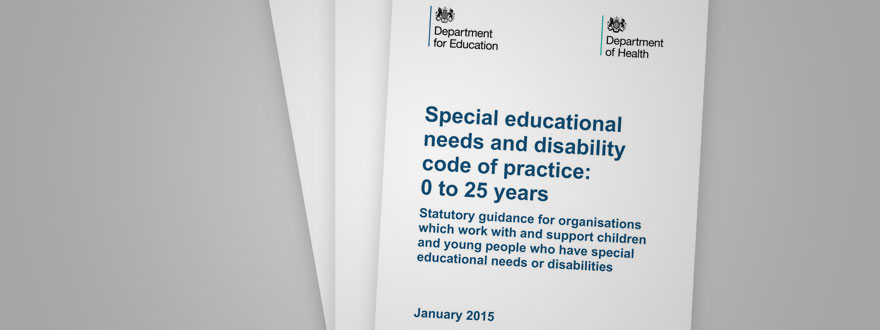Free courses
Did you know we also offer a range of short online courses in SEND? Ideal for teachers, teaching assistants and even parents and carers, our short, self paced courses are available to everyone to access for free.

Autism for Parents
An introductory understanding of autism for parents and carers.

Learning Theory
An introduction to the Learning Theories in education and how learning takes place.

SEND Code of Practice 2015
Making the SEND Code of Practice more accessible for education professionals.

Working in Partnership with Parents
Understanding the needs, issues, and requirements for support of the parents and carers of children with SEND.
Testimonials
Qualified Teacher
Teaching Assistant
Qualified Teacher
Teaching Assistant
Ready to get started?
Choose the option that works for you.
Explore our SEND training options - from free courses to whole-school subscriptions.
Sign up now
